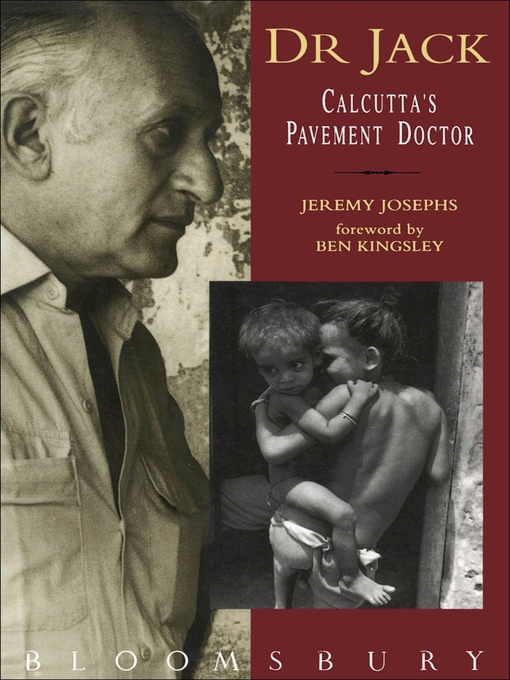- Health & Fitness
- Business, News & Politics
- Celebrity & Pop Culture
- Outdoorsy & Travel
- Food & Cooking Magazines
- Explore Your Inner Artist
- Kids & Teens
- Needlecraft Magazines
- Animal Lovers
- Most Popular Magazines
- Lifestyle
- Home & Garden
- See all
Born and brought up in an orthodox Jewish family near Manchester, as a young adult Preger converted to Catholicism. In 1972 he qualified as a doctor and immediately left to set up a clinic in Bangladesh. Seven years later he was expelled after exposing a government-masterminded racket involving the illegal export of babies for adoption. Undeterred, he set off again the following year to begin his now legendary work in Calcutta.
Preger is a man of paradox. To the West Bengali authorities, he is an embarrassment and a nuisance, continually campaigning against official corruption, permanently awaiting trial for practicing without a licence, and vowing to fight the threatened closure of his clinic and resist deportation even at the risk of imprisonment. To the people of Calcutta, whose desperate suffering he struggles tirelessly to alleviate, he is a 'living saint'.
A self-confessed manic depressive, Preger relies on his work to sustain him. His two broken marriages - and two deserted children - bespeak a turbulent personal life which he finds difficult to reconcile with his reputation as a paragon of virtue. 'I am certainly no saint - nor have I ever been... A lot of the things that people imagine about someone like myself are just projected fantasies. The fact is that I happen to work with poor people. To me it's the most natural thing in the world.'

